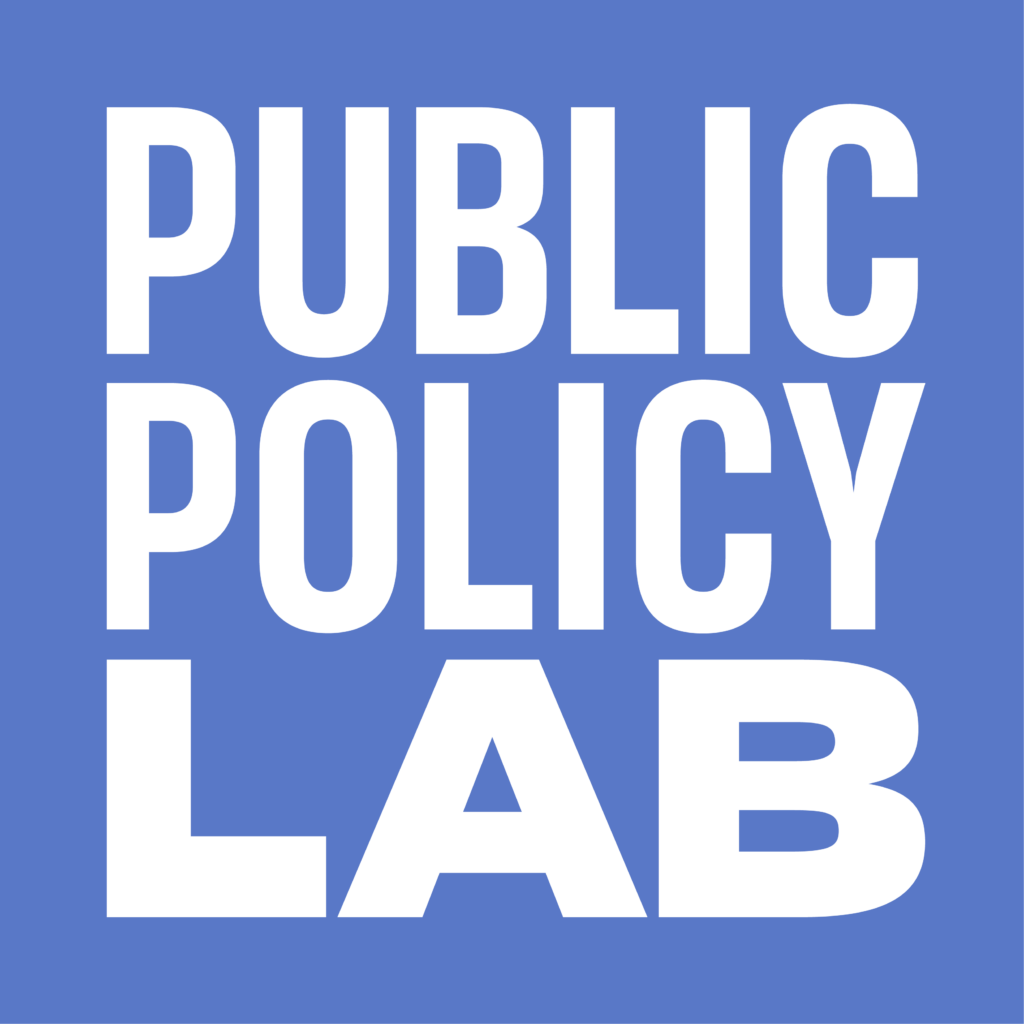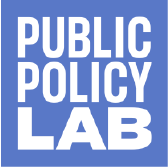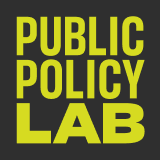Higher Education in Reentry Reimagined
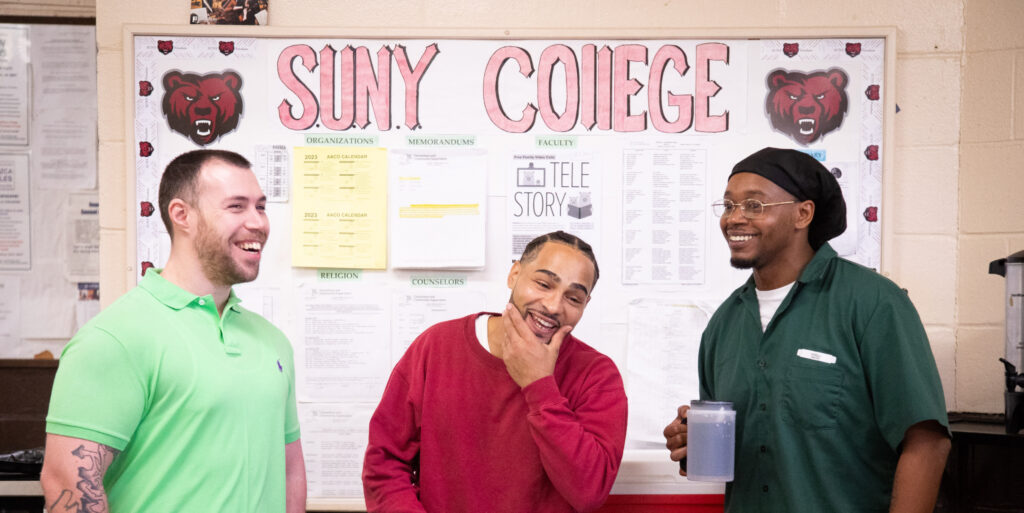
Project Background The State University of New York (SUNY) is committed to providing educational equity for incarcerated New Yorkers, currently serving over 1,000 students across 24 state prisons. When folks exit prison, they may want to continue their education journey. In 2024, SUNY expanded academic offerings inside prisons and re-entry supports for students in re-entry […]
Amplifying Lived Experience of Supplemental Benefits
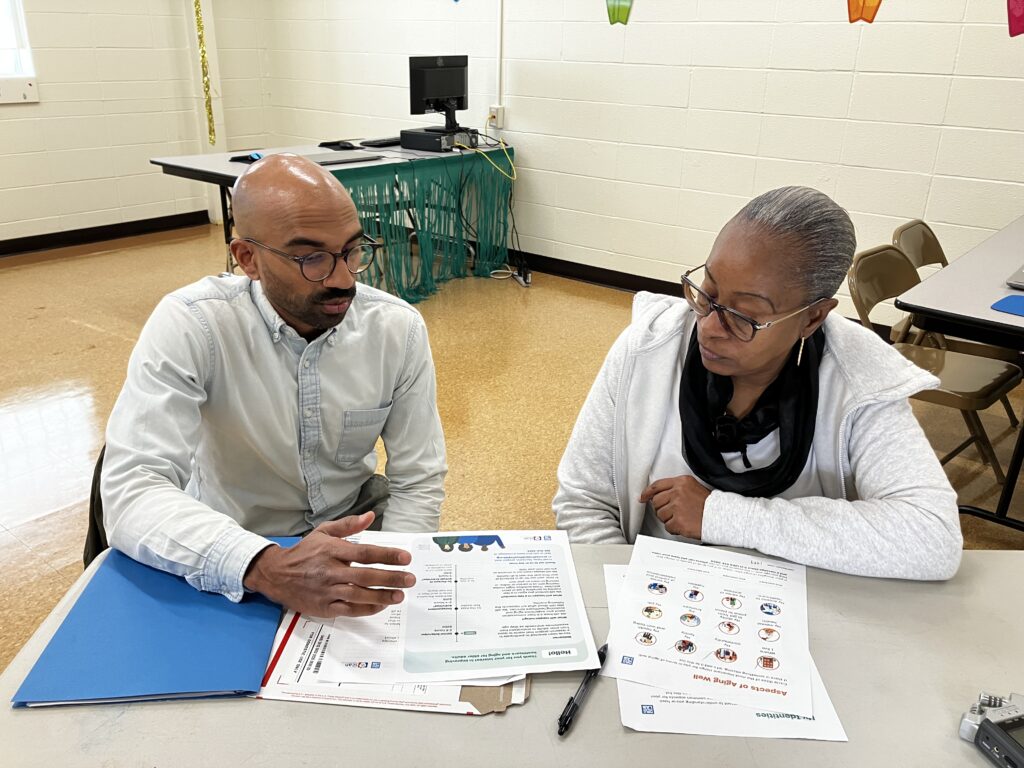
Project Background Since 2019, The SCAN Foundation (TSF) has funded critical bodies of work to advance understanding of nonmedical Medicare Advantage (MA) benefits to support health-related social needs (HRSNs). This includes a resource center that has become the go-to source for information nationwide, providing easy access to data and insights on benefits, implementation ‘roadmaps,’ and […]
Listening Sessions with Older Americans
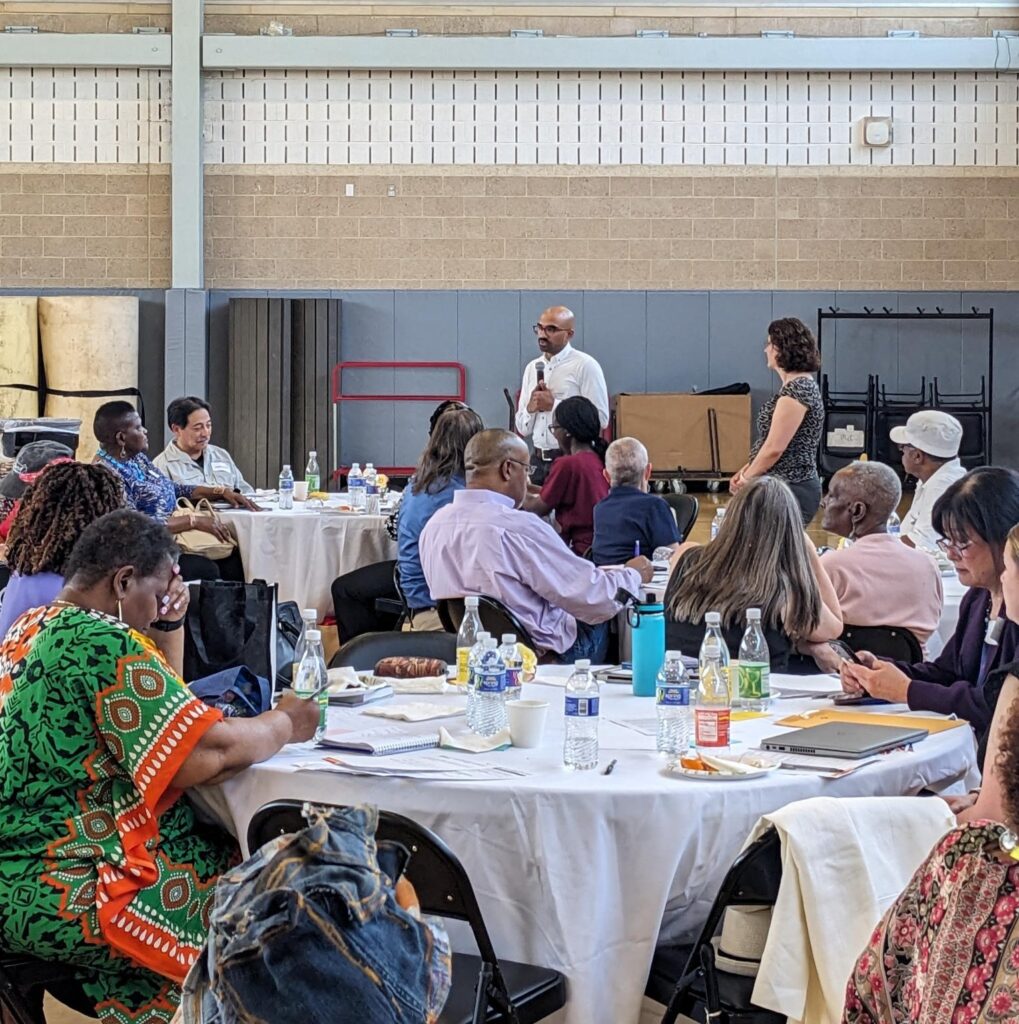
Project Background Older Americans encounter challenges aging in place due to various factors, such as limited access to healthcare, inadequate housing options, and social isolation. Federal policymakers want to hear about what older Americans need, especially Americans in underserved parts of the country. To address this, the Interagency Coordinating Committee on Healthy Aging and Age-Friendly […]
New York City Collaborative Design Partnership
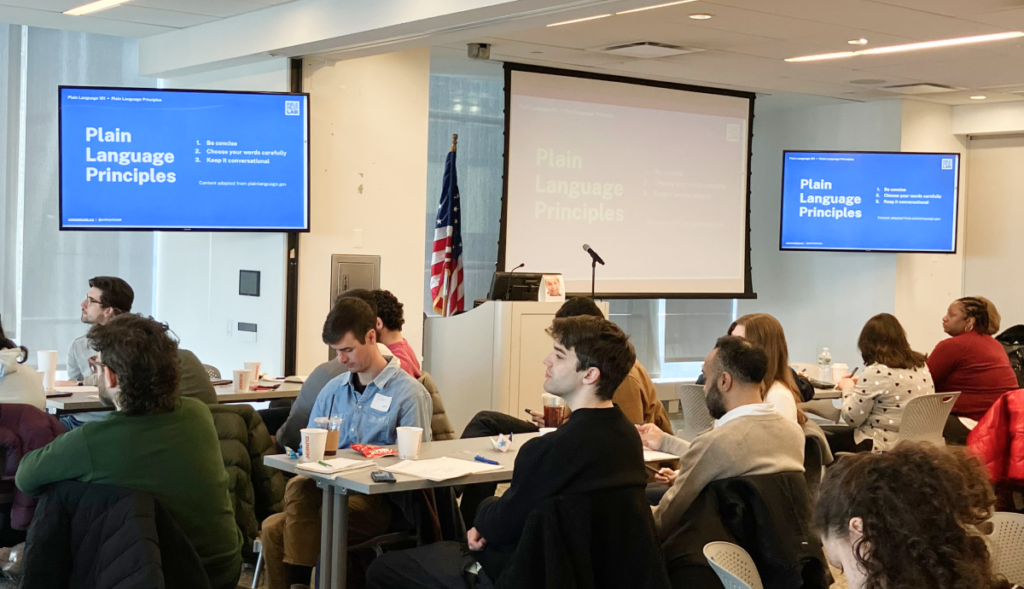
Project Background The City of New York has made a commitment, through its investment in the Service Design Studio in the Mayor’s Office for Economic Opportunity (NYC Opportunity), to improve policy making and service delivery through the use of human-centered research, design, evaluation, and implementation methods. As part of this investment, PPL is partnering with […]
Reticketing for Asylum Seekers
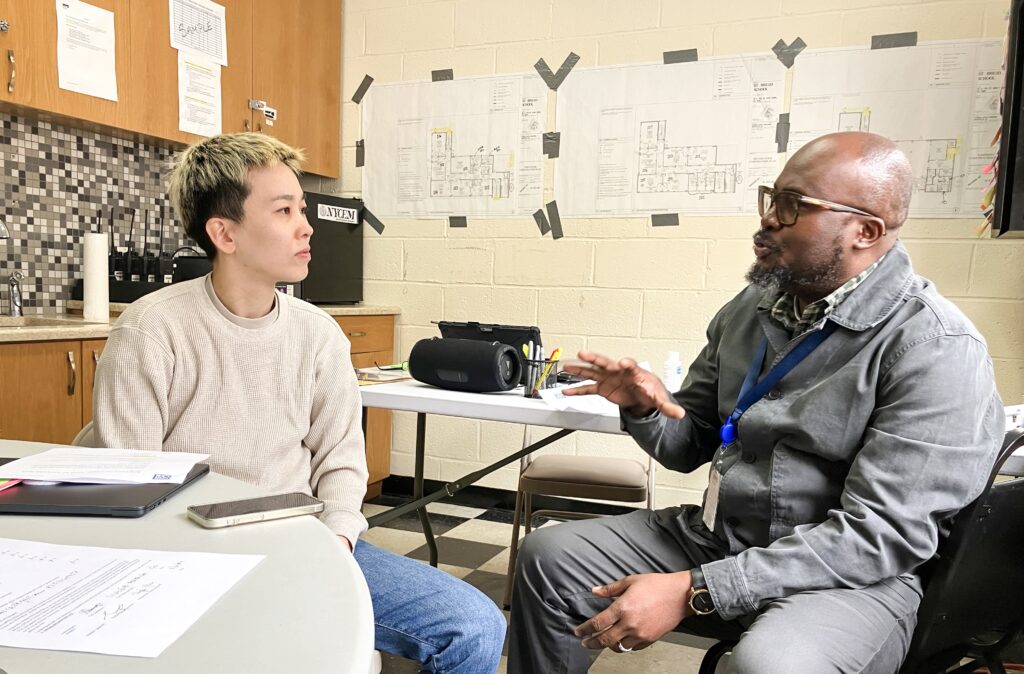
Project Background New York City has provided compassionate care for more than 210,000 asylum seekers since 2022. The city, with a desire and obligation to provide shelter for newcomers, is experiencing severely strained resources as it attempts to house over 120,000 people in its shelter system. One option available to asylum-seekers is reticketing, a service that […]
Prevention Pathways
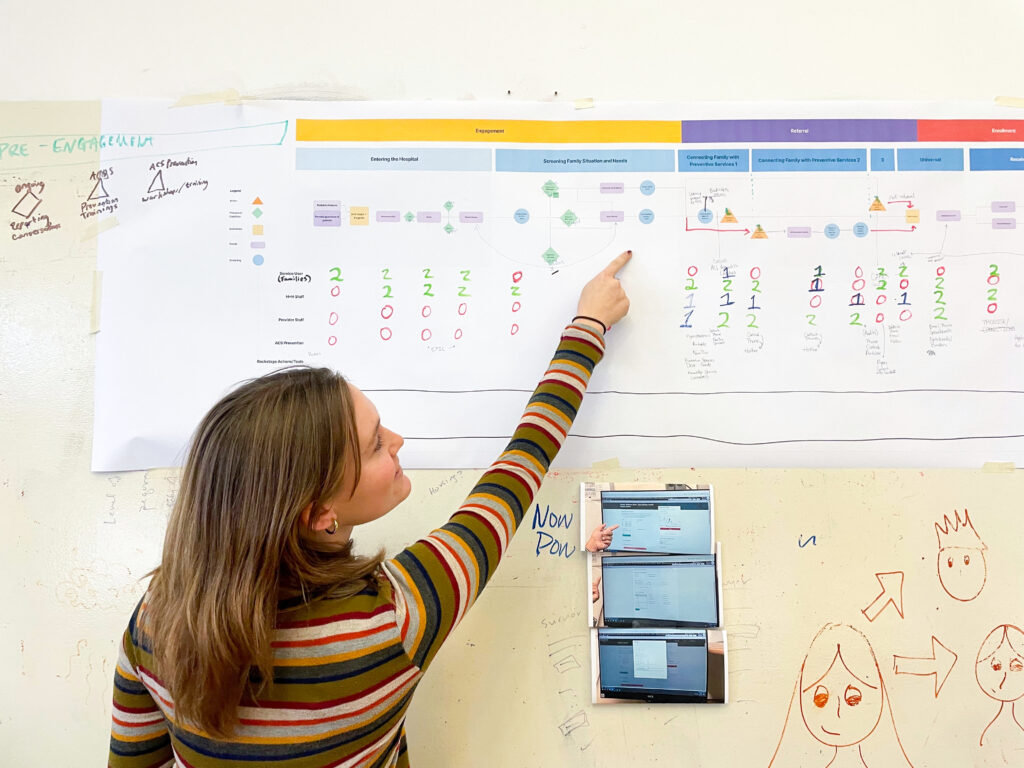
Project Background New York City offers free, voluntary services for families struggling with economic scarcity, parenting, mental health concerns, substance misuse, family conflict, and domestic violence. Year after year, families that participate in prevention services continue to have strong results–among families with the greatest level of need, children were far less likely to experience maltreatment […]
Rental Access for Unhoused Youth
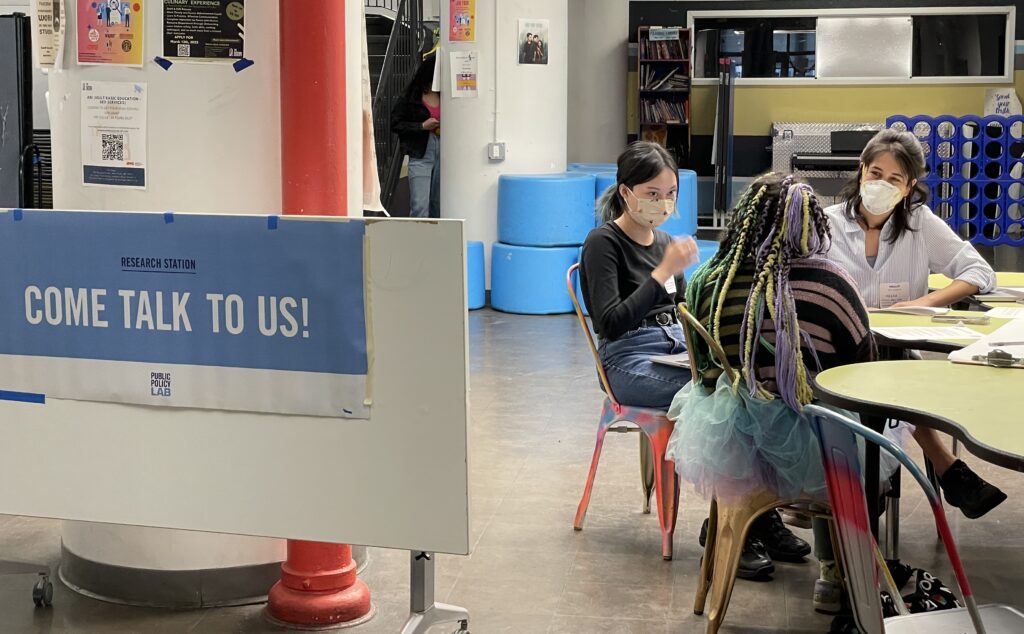
Project Background Insecurely housed youth in New York City face significant challenges in finding housing. In 2021, only 4% of youth and young adults who exited runaway homeless programs moved into an apartment. The COVID-19 pandemic disrupted existing support services and exacerbated systemic inequities in housing access among unhoused youth and young adults, especially for […]
Soul Care
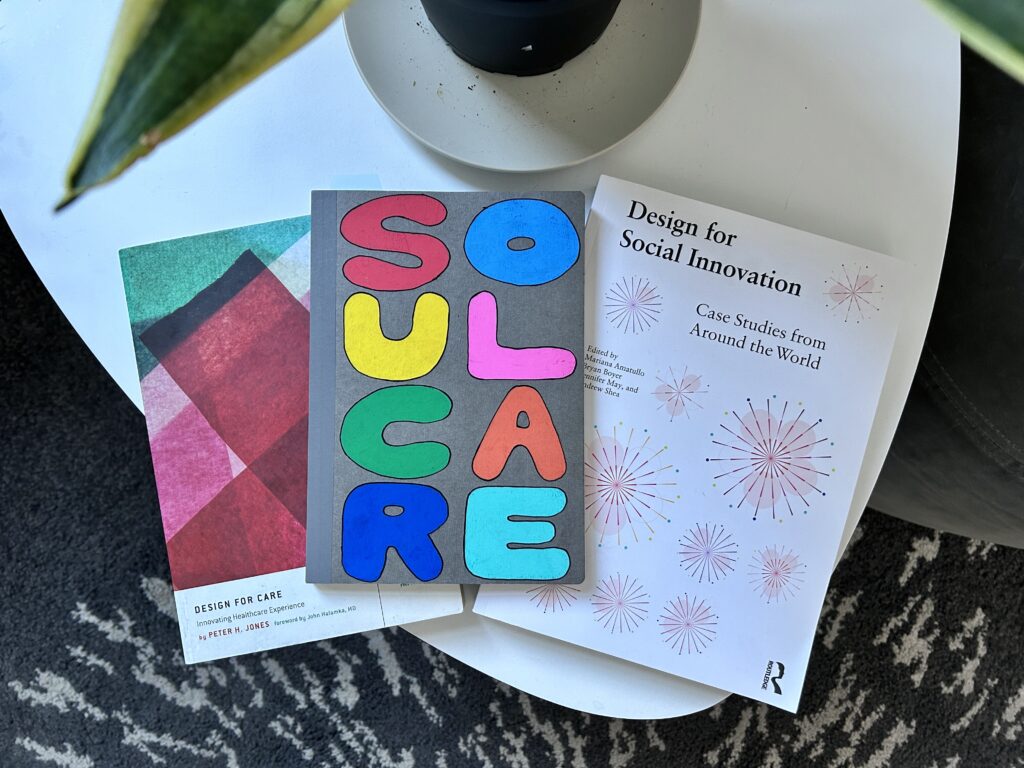
Project Background Young people with experience in foster care, who are primarily black and brown people of color, often experience complex trauma prior to entering foster care, while in care, and when transitioning out of care—yet many cannot access the type of culturally responsive, long-term mental health and wellness support they desire. Existing systems and providers […]
Rental Assistance through People-Informed Design (RAPID)
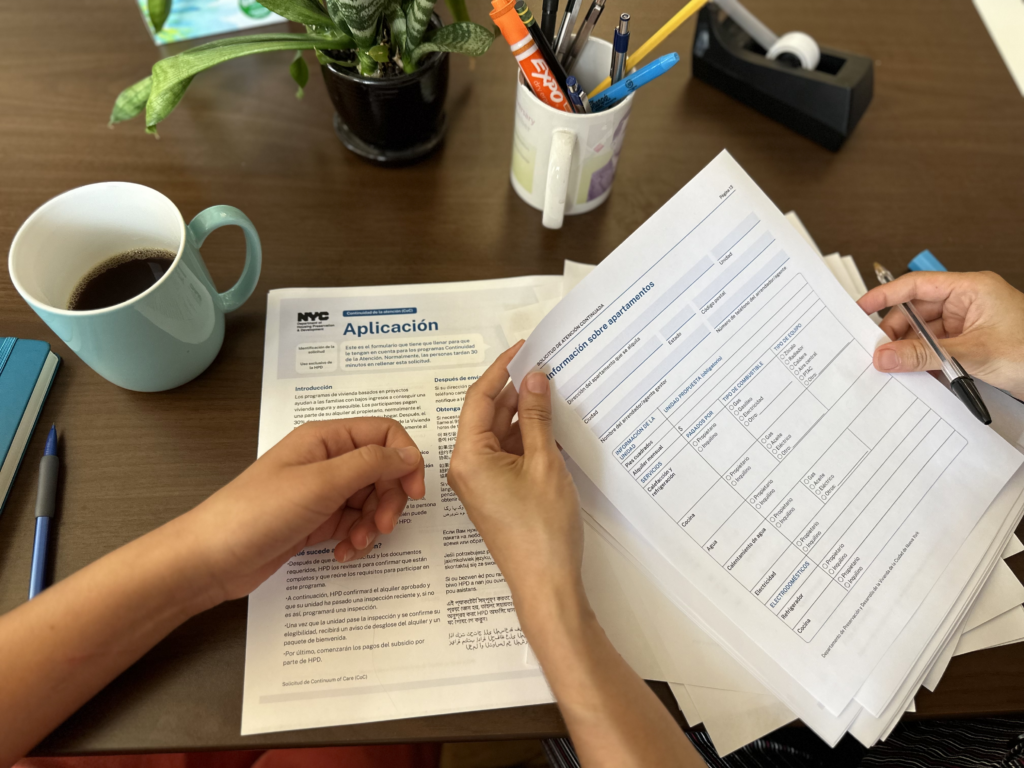
Project Background The federal Housing Choice Voucher (HCV) program, commonly known as Section 8, is the nation’s largest tool for providing affordable housing. Under this program, families pay approximately 30% of their income toward rent, and the government pays the remainder of the rent directly to the property owner. While vouchers are in high demand, […]
Shelter from Harm
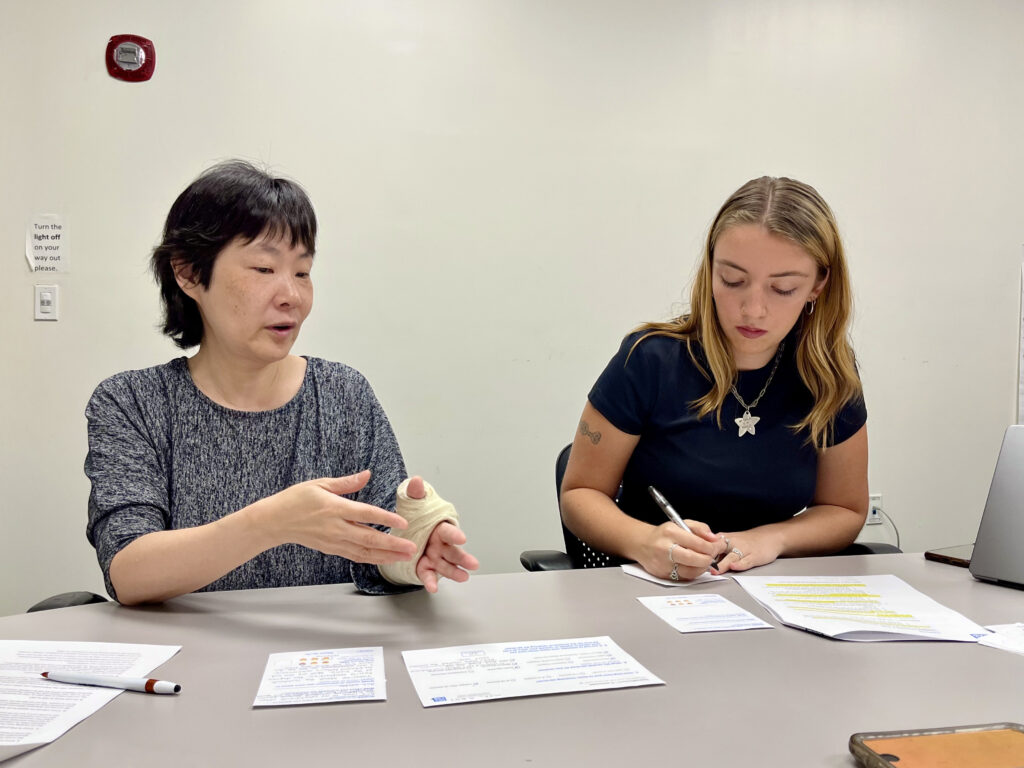
0 Staff and Survivors 0 + Findings Project Background When survivors of domestic violence seek support services in New York City, they are often asked to describe their past trauma multiple times as staff work to understand the case and assess eligibility. While frontline staff and caseworkers treat domestic-violence (DV) cases with care and sensitivity, […]
